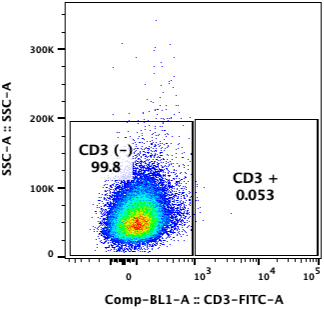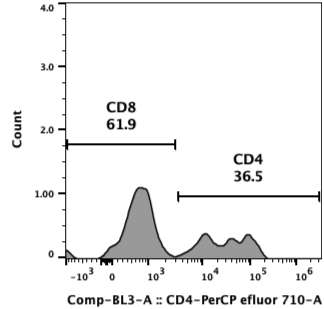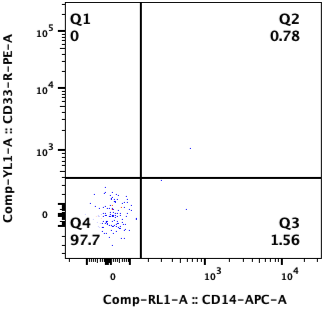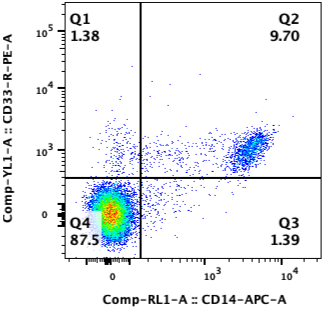Featured Products
- In-Stock Tumor Cell Lines
- Human Orbital Fibroblasts
- Human Microglia
- Human Pulmonary Alveolar Epithelial Cells
- Human Colonic Fibroblasts
- Human Type II Alveolar Epithelial Cells
- Human Valvular Interstitial Cells
- Human Thyroid Epithelial Cells
- C57BL/6 Mouse Dermal Fibroblasts
- Human Alveolar Macrophages
- Human Dermal Fibroblasts, Adult
- Human Lung Fibroblasts, Adult
- Human Retinal Muller Cells
- Human Articular Chondrocytes
- Human Retinal Pigment Epithelial Cells
- Human Pancreatic Islets of Langerhans Cells
- Human Kidney Podocyte Cells
- Human Renal Proximal Tubule Cells
Primary Cells
Explore Products



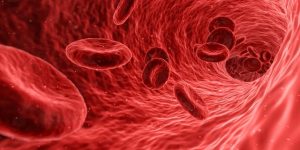 Human Hepatitis B Virus (HBV) Peripheral Blood Mononuclear Cells (PBMCs) are primary human mononuclear cells isolated from patients with chronic hepatitis B. These PBMCs mainly consist of T cells, B cells, NK cells, and monocytes, isolated via density gradient centrifugation and red blood cell lysis. Morphologically, they are round with suspension growth properties. Functionally, these cells play key roles in immune response and serve as models for studying chronic viral infections. The gene/expression profile reflects immune markers, including CD3, CD4/CD8 (T cells), CD19 (B cells), CD56 (NK cells), and CD14 (monocytes), identified by flow cytometry. They are free of mycoplasma, bacteria, yeast, and fungi and cryopreserved to maintain viability.
Human Hepatitis B Virus (HBV) Peripheral Blood Mononuclear Cells (PBMCs) are primary human mononuclear cells isolated from patients with chronic hepatitis B. These PBMCs mainly consist of T cells, B cells, NK cells, and monocytes, isolated via density gradient centrifugation and red blood cell lysis. Morphologically, they are round with suspension growth properties. Functionally, these cells play key roles in immune response and serve as models for studying chronic viral infections. The gene/expression profile reflects immune markers, including CD3, CD4/CD8 (T cells), CD19 (B cells), CD56 (NK cells), and CD14 (monocytes), identified by flow cytometry. They are free of mycoplasma, bacteria, yeast, and fungi and cryopreserved to maintain viability.
